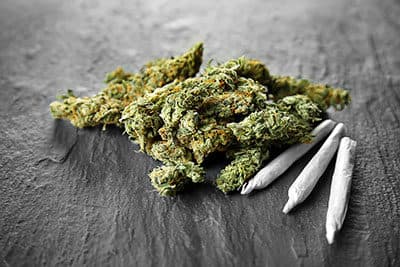Seeds to grow weed available for sale starting Aug. 1, when recreational marijuana is legal in Minnesota

ST. PAUL, Minn. — Minnesota will become the 23rd state to legalize recreational marijuana on Tuesday.
One of the first parts of the law that will take effect: allowing Minnesotans to grow up to eight cannabis plants in their homes. And the seeds they’ll need to do it will be available on store shelves that same day.
The Minnesota Department of Agriculture will regulate weed seeds like they would any other by enforcing labeling and testing requirements under the state’s seed law.
“Our seed program is really about truth in labeling and consumer protection so that the consumer knows what they are getting,” said Michael Merriman, seed regulatory supervisor at the agency. “You read that label and you should know exactly what to expect from that label—how much seed is in this package, what kind is it? Is it lettuce, asparagus, cannabis?”
Businesses seeking to supply seeds to retail stores need to be permitted with the department and have specific information, including how much seed there is per package, the name of the company labeler, and a lot number, which traces the seeds’ origin. The law requires testing for contaminants and germination, or how many seedlings the type will yield.
The Minnesota Department of Agriculture can issue violations if seed labelers run afoul of the law and regulators do routine inspections and investigate complaints from consumers, which they can file online.
“We are able to take samples of things and test them using our lab and then compare if what’s on the label matches what’s with the [state] test,” Merriman said.
Some in the industry joke that plants in new legal markets grow by “immaculate conception,” since marijuana is still considered a Schedule I controlled substance by its federal definition—making it illegal to cross state lines and raising questions about if seed faces the same restrictions.
Vicente LLP, a law firm that works on cannabis issues, did receive a letter with guidance from the U.S. Drug Enforcement Administration last year that said the federal government doesn’t consider seeds to fall under that prohibition because they have less than 0.3% THC, the psychoactive ingredient that produces a high, on a dry weight basis.
That means those marijuana seeds meet the definition of hemp, which is legal at the federal level as of 2018, according to the agency’s letter to the firm obtained by WCCO.
